When Christopher Hitchens decided to qualify the title of his 2007 magnum opus God is not Great with the caption ‘How religion poisons everything’, he probably wasn’t thinking specifically about Australia’s chances of getting to the final of the 2019 Rugby World Cup. But in the years following the book’s publication it was more often the absolutism of the subtitle than the brazenness of the title that Hitchens was asked to defend, and if he’d lived long enough to write a foreword to a 2019 imprint, he would have been hard-pressed to find a field of human endeavour with less of the numinous than an international footy comp, but which nevertheless has proven to be as susceptible to the destructive influence of faith as a Middle Eastern border dispute.
Nobody can be surprised by Rugby Australia’s decision to sack Israel Folau for tweeting yet again about the posthumous prospects of homosexuals, despite the fact that this deprives our national squad of Super Rugby’s top try scorer and the only Wallaby who’d be an uncontroversial selection for a World XV. And in an era where public institutions pay more attention to social media than scripture nobody would expect Rugby Australia to expand its much-trumpeted gender and ethnic diversity policy to include diversity of belief. Yet that is precisely the dilemma now facing the code on the other side of the Tasman, where, in the wake of the Christchurch shootings and Jacinda Ardern’s assurances that all New Zealanders share the pain of their Muslim neighbours, Kiwi rugby administrators continue to debate whether or not the country’s second-most successful sports franchise should change its name.
My Foxtel Super Rugby coverage doesn’t include the pre-match stadium entertainment, so I don’t know if the Crusaders’ home fixtures still begin with the spectacle of five or six sword-wielding knights charging down the touchlines on horseback, their chests and shields emblazoned with the same red cross worn by the prosecutors of one of the bloodiest and longest-lasting Muslim purges in history. In the early days of Super Rugby, when networks were less careful about offending minorities, this curtain raiser was televised as enthusiastically as the haka, and as someone who’d grown up in a large, multi-cultural city in the north of England, I remember being slightly shocked the first time I saw it – much as I was the first time I heard an Australian cricket commentator refer to ‘Pakis’ – something which would have gotten him fired on the spot at any UK network.
But in those days the Islamic and Pakistani populations of New Zealand and Australia were much smaller, and as such inspired much less fear and bigotry amongst the red-of-neck and hard-of-thinking.
Today, New Zealand’s 46,000 Muslims make up 1.2 per cent of the population, so it’s perhaps surprising that only one of them plays the country’s national sport at the elite level. As Auckland’s star centre, Sonny Bill Williams has visited the Crusaders’ home ground many times, and each occasion would have exposed him to symbolism which, as a practising Muslim, he must have found offensive. It is to his credit that he has never said as much publicly.
By a curious coincidence, the club which comes closest to reproducing The Crusader’s great success in the northern hemisphere is one that is named after their namesake’s nemesis. As yet, World Rugby does not have a Fifa-style world club championships. But if it had one next year, there’s a good chance that on present form the Crusaders’ opponents in the final would be London franchise the Saracens. A mouth-watering prospect for aficionados of the sport, no doubt, but a PC minefield for sub-editors.
As if to prove the theory that Americans think New Zealand is part of Australia, a New York friend emailed me not long after the Christchurch shootings to ask me what kind of impact I thought it would have on the national psyche.
To put the killings into what I thought would be a meaningful perspective for him, I did some arithmetic, and worked out that in terms of fatalities per head of population, this was a slightly bigger crime than 9/11.
Got something to add? Join the discussion and comment below.
Get 10 issues for just $10
Subscribe to The Spectator Australia today for the next 10 magazine issues, plus full online access, for just $10.
You might disagree with half of it, but you’ll enjoy reading all of it. Try your first month for free, then just $2 a week for the remainder of your first year.



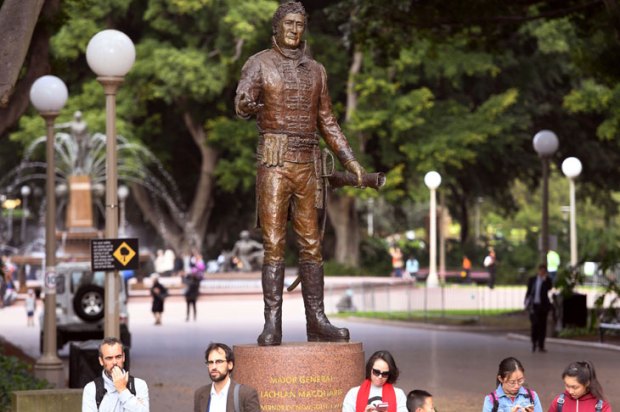
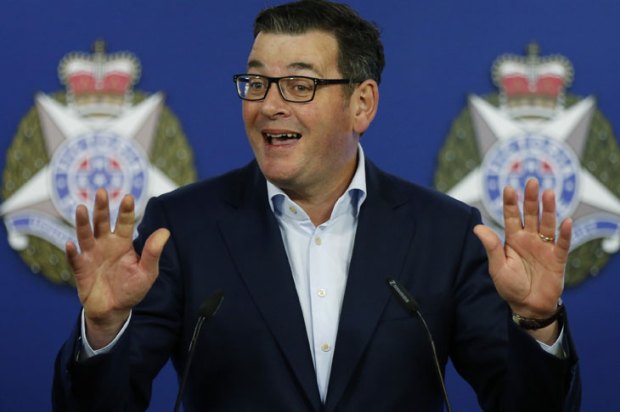
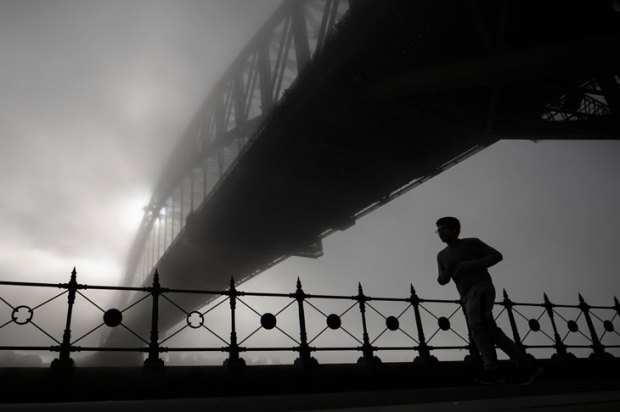
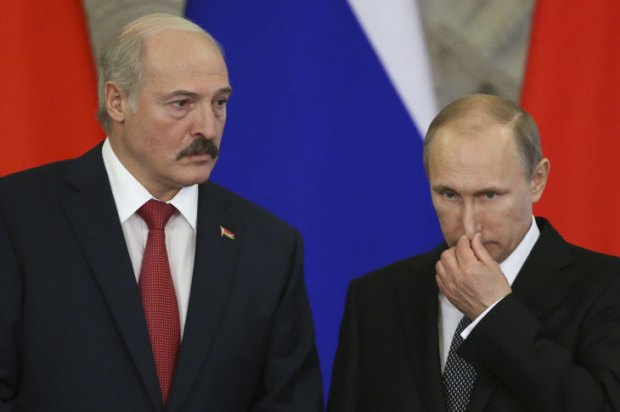
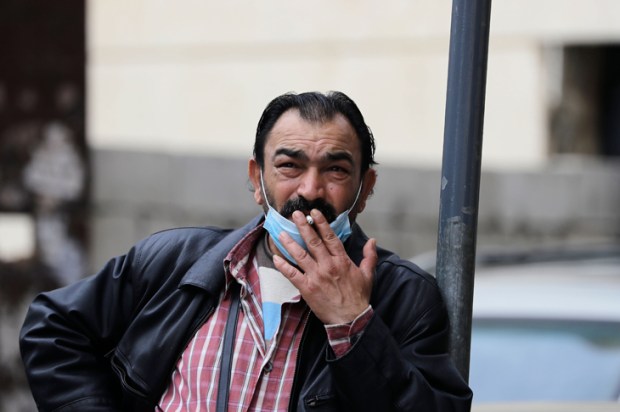
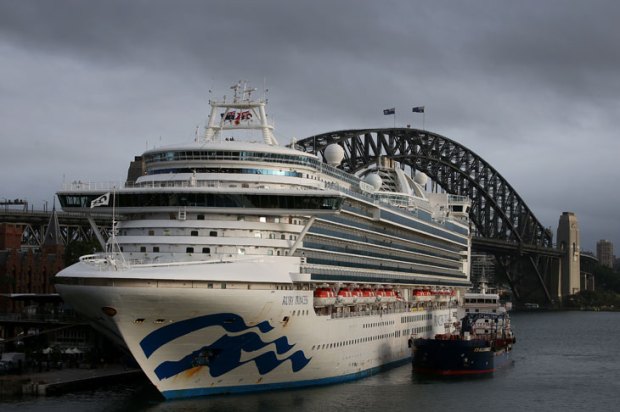






Comments
Don't miss out
Join the conversation with other Spectator Australia readers. Subscribe to leave a comment.
SUBSCRIBEAlready a subscriber? Log in